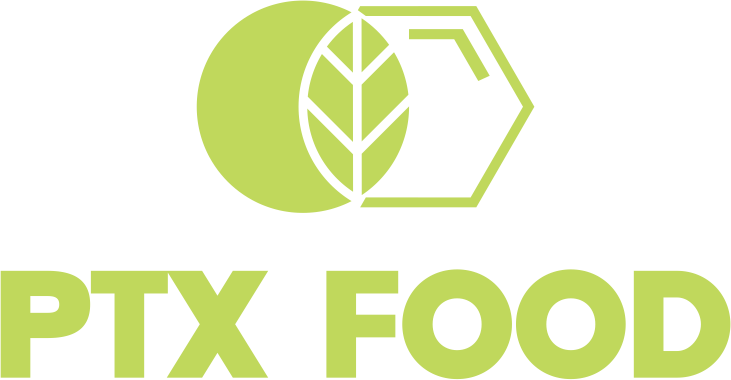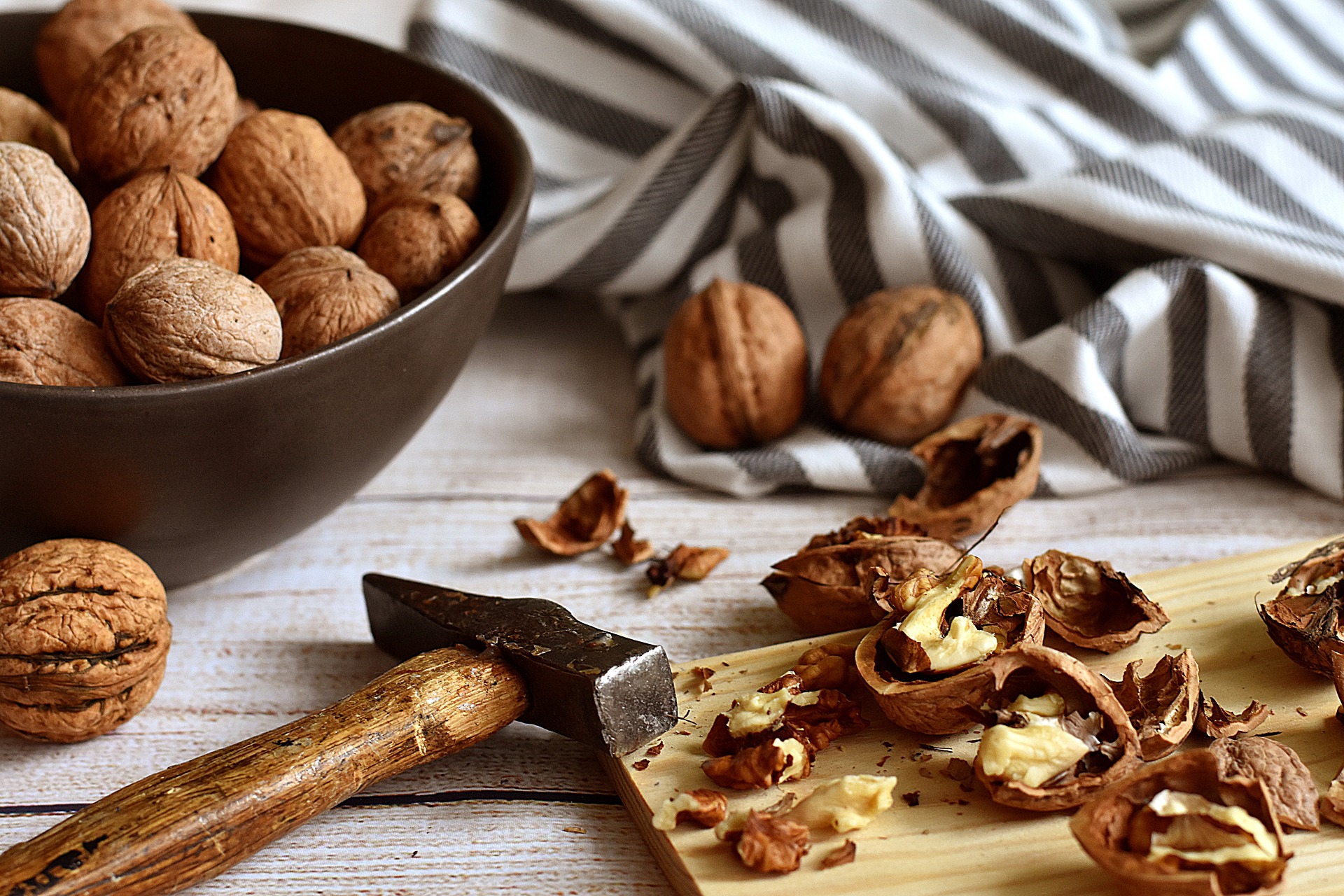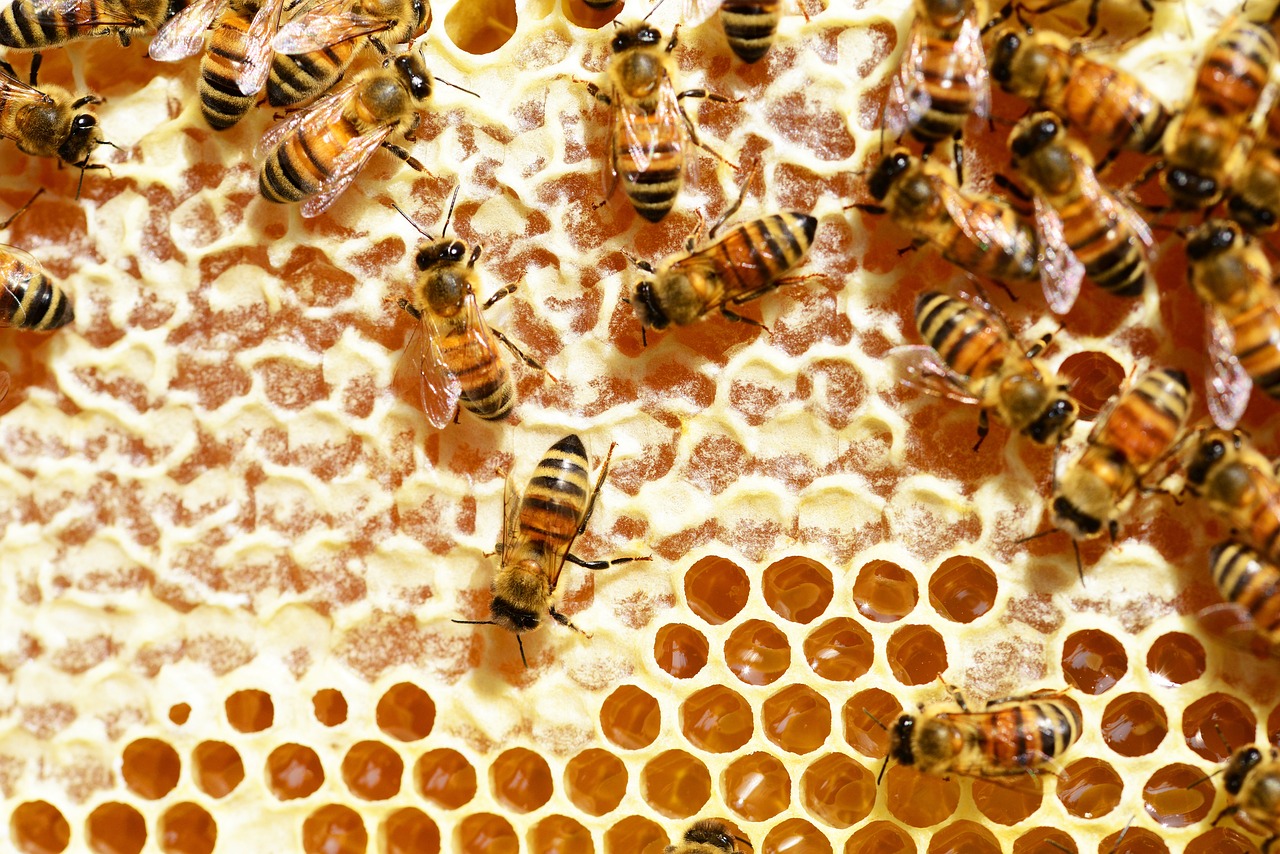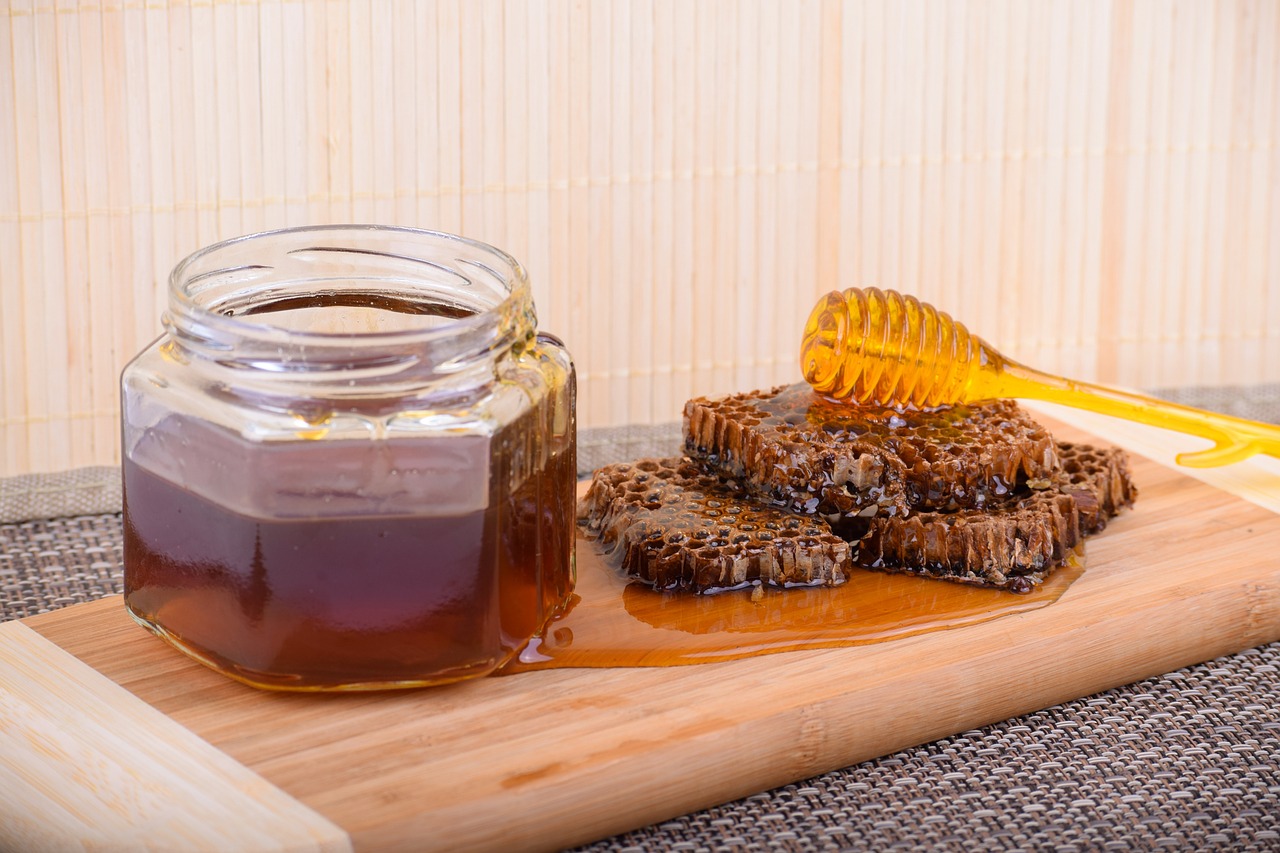What is pollen?
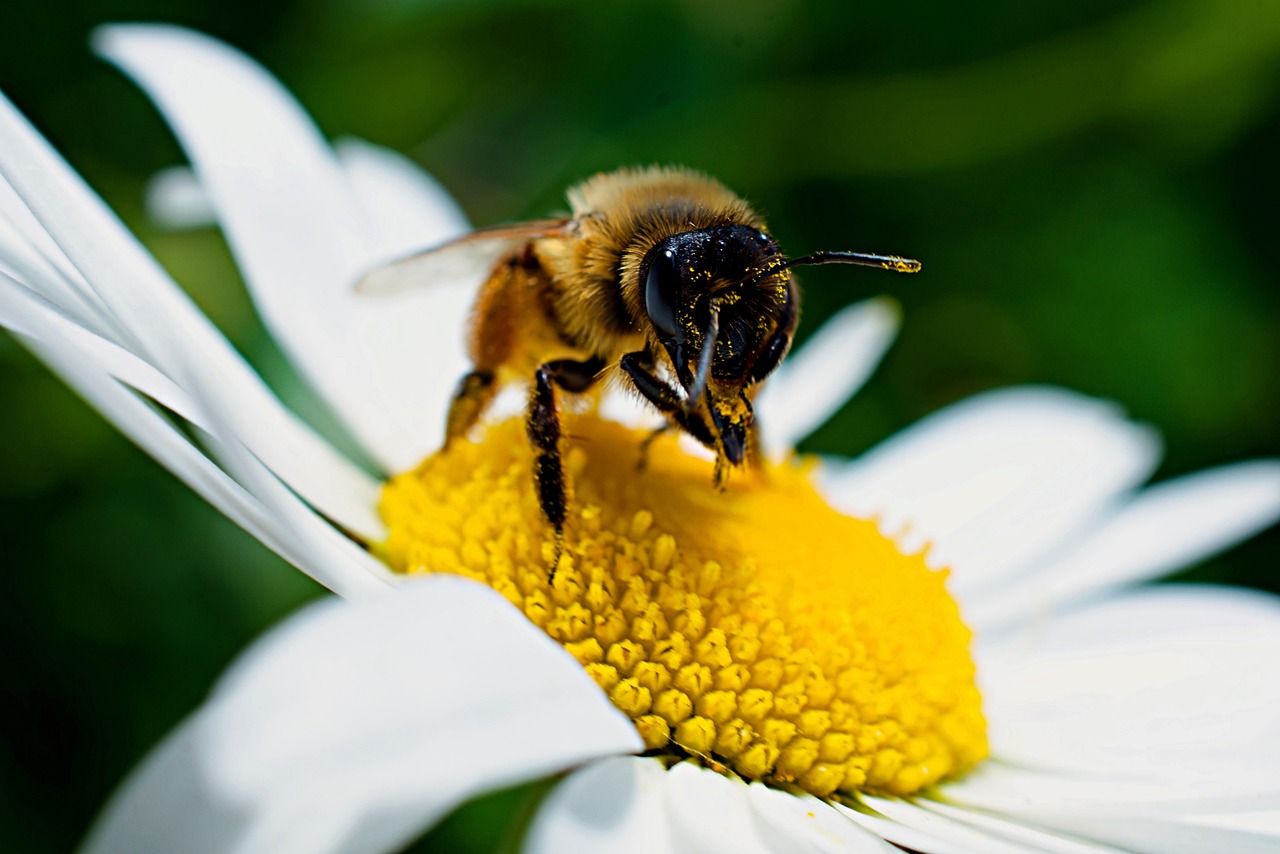
What is pollen?
Pollen, the male fertilization cells found in the sacs developed by plants during their pollination period, are called pollen or flower dust. Bees collect pollen especially in the spring season while gathering nectar, carry them to the hives on their legs, and fill the comb cells with them. After the high nutritional value of pollen was understood, various pollen traps are used to collect this valuable food in hives, and after cleaning and drying, it is made available for consumption. Depending on the flower from which it is collected, pollen has different colors, smells, tastes, and shapes. Research has revealed that pollen contains vitamins B1, B2, B3, B5, B6, A, H, E, various elements, and some amino acids.
What Are the Benefits of Pollen?
Today, there is an increasing interest in medicines derived from nature and plants, and consequently, the use of such medicines in the treatment of many diseases is increasing. Pollen is the essence of the plants used in these medicines. Additionally, pollen is not collected from just one flower or one plant but from thousands of flowers and plants. With this feature, pollen is almost the most natural medicine. Therefore, research has shown that pollen has very important positive effects in the treatment of many diseases and discomforts.
Research has revealed the following information:
After a 1-month pollen treatment, it was determined that the number of red blood cells increased by 25-35% and hemoglobin by 15%.
Stress, one of the biggest problems for people today, and the resulting irritability can be reduced with the help of pollen, providing relaxation for individuals.
Pollen contributes positively to the development of children in their growth period. When used in children with growth retardation, it brings the situation back to normal.
Pollen has very positive effects on many diseases and during the recovery period after an illness.
Since pollen contains nourishing substances for the skin, it can be used in creams and masks made with honey, royal jelly, and propolis. Pollen can also be consumed alone or mixed with warm water or milk. The amount of pollen an adult should take is 20 grams, while for children, this amount is halved. A pollen treatment should continue for 2 months on an empty stomach in the morning and evening to achieve the desired results. These treatments should be repeated at certain intervals to obtain the desired results.
